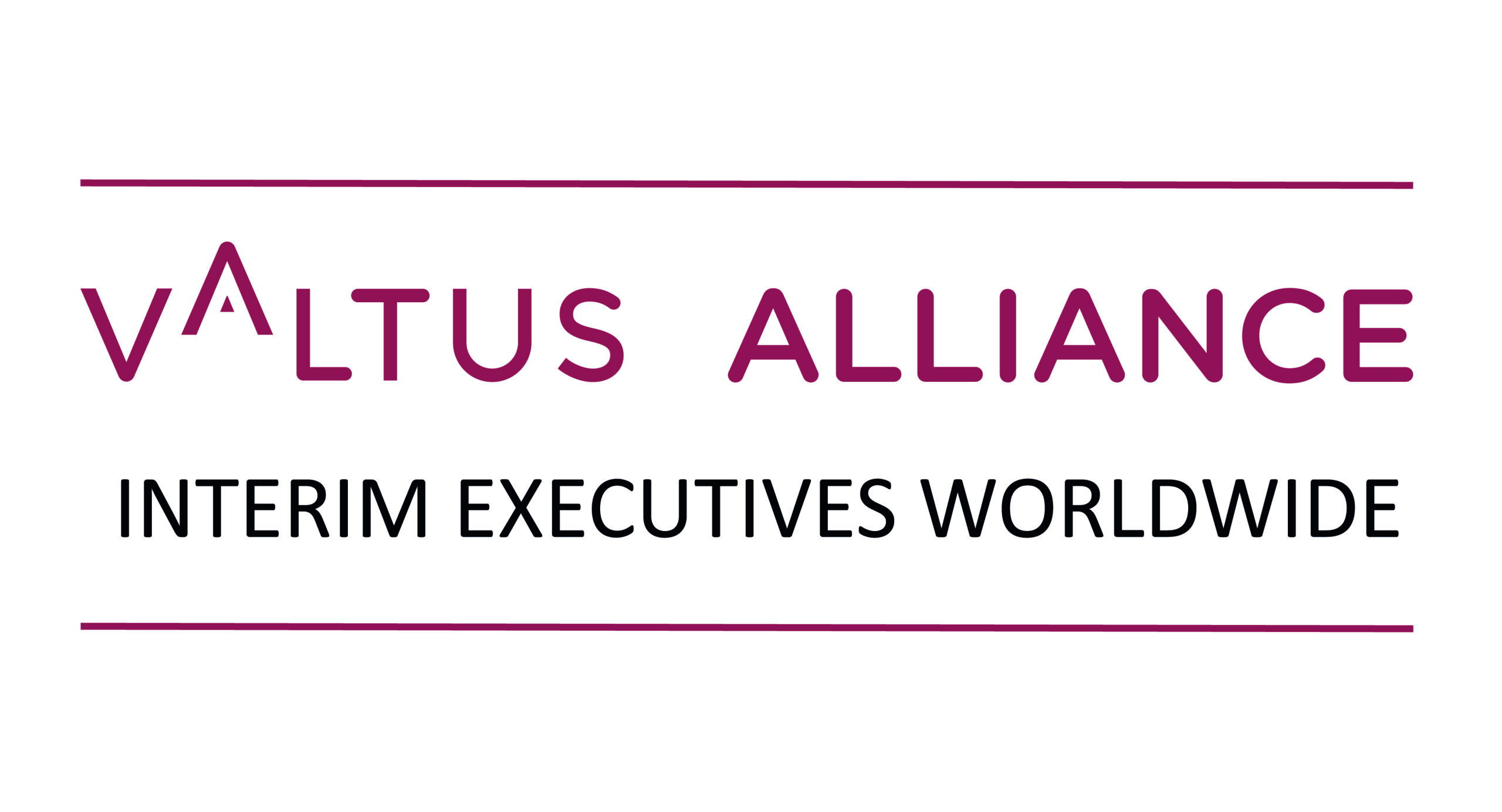In the digital era, artificial intelligence (AI) is reshaping the strategic landscape of businesses across industries. As AI technologies become increasingly integral to organisational operations, the role of the Chief Information and Digital Officer (CIDO) has therefore never been more critical.
At VALPEO, we recognise the multifaceted challenges of this dynamic role. Moreover, here’s how our unique tools and expertise help organisations find a CIDO who not only manages technology but strategically harnesses AI to drive innovation and value.
VALPEO’s © Transformative Value Framework
Our © Transformative Value Framework is particularly effective in visualising the stages of value creation through digital transformation. Additionally, this framework helps identify the necessary evolution from basic digital compliance to becoming a pioneer in digital innovation and AI integration. In turn, by outlining these stages, VALPEO enables organisations to understand the specific capabilities and leadership qualities needed in a CIDO at various levels of digital maturity.

The Complex Role of a Chief Information and Digital Officer
The role of a Chief Information and Digital Officer varies significantly across organisations, thereby reflecting their digital maturity and strategic ambitions in technology. From overseeing IT infrastructure to leading the integration of AI and digital technologies, the responsibilities of a CIDO are broad and multifaceted. Such a role demands a robust understanding of technological trends, alongside strategic insight and leadership capabilities. to successfully integrate these technologies into the core business strategy.
Stage 1: Basic Compliance and Digital Integration – Achieving Best Practices
Challenges in Defining the Role:
- Clarity and Scope: Ensuring the role clearly delineates responsibilities from basic IT compliance to proactive digital transformation across various business functions.
- Integration: Seamlessly integrating digital technologies into existing roles and departments without creating operational silos or resistance among employees.
Challenges in Candidate Selection:
- Technical Skills vs. Leadership: Identifying candidates who possess not only the essential technical knowledge of digital systems and AI but also the interpersonal and leadership skills to drive technological change at this foundational level.
- Change Management: Candidates must excel in managing change and fostering a positive attitude towards digital transformation initiatives within a workforce that may be resistant to change..
Stage 2: Strategic and Proactive Digital Transformation
Challenges in Defining the Role:
- Strategic Alignment: Integrating digital initiatives with the organisation’s strategic goals requires a CIDO who can think long-term and align technology efforts with business objectives.
- Innovation and Policy Development: Developing policies that not only address current digital needs but are also adaptive to future technological advancements and challenges.
Challenges in Candidate Selection:
- Visionary Leadership: Seeking candidates who are not merely managers but leaders who can inspire and drive digital transformation as a core organisational value.
- Risk Management: Candidates need a robust ability to anticipate, mitigate, and manage risks associated with digital and AI initiatives.
Stage 3: Advanced Digital Governance and Stakeholder Engagement
Challenges in Defining the Role:
- Governance: Establishing clear digital governance structures that ensure transparency and accountability in AI and other digital projects.
- Stakeholder Engagement: Developing deep engagement strategies that align with long-term stakeholder ambitions and digital transformation goals.
Challenges in Candidate Selection:
- Diplomacy and Influence: Candidates must possess excellent negotiation and influence skills to engage a variety of stakeholders effectively.
- Consistency and Alignment: Ensuring that candidates have a proven track record of aligning digital practices with business development consistently and effectively.
Stage 4: Ethical Leadership and Digital Responsibility
Challenges in Defining the Role:
- Ethical Standards: Setting and maintaining high ethical standards within the organisation, especially in the use of AI and other digital technologies.
- Social and Digital Responsibility: Defining the scope of the organisation’s responsibility in managing the societal impacts of digital technologies.
Challenges in Candidate Selection:
- Ethical Judgement: Finding leaders with a strong ethical compass and the courage to make tough decisions in the realm of digital ethics.
- Community and Societal Insight: Candidates should have experience and insight into societal dynamics to effectively guide responsible digital initiatives.
Stage 5: Long-term Digital Viability and Societal Impact
Challenges in Defining the Role:
- Long-term Planning: Integrating digital and AI technologies deeply into the business model and planning processes with a view towards long-term viability and societal progress.
- Sustainable Digital Ecosystems: Managing and enhancing the health of digital ecosystems and their impacts on society and the environment.
Challenges in Candidate Selection:
- Inspirational Leadership: Finding candidates who can serve as a source of inspiration and make a positive impact on society through innovative digital strategies.
- Strategic Foresight: Candidates need to demonstrate a capacity for strategic foresight and long-term thinking, essential for navigating the complex challenges of digital transformation at this level.
Choosing the right CIDO: Personal Dynamics Assessment
Choosing the right CIDO extends beyond technical skills and into personal dynamics. Our ‘Personal Dynamics Assessment’ evaluates potential candidates across a spectrum of traits and competencies, crucial for effectively leading digital and AI initiatives. This tool assesses how well a candidate’s capabilities align with the organisation’s current and future digital ambitions, ensuring a strategic fit that is culturally coherent and forward-thinking.
Supporting Organisations in CSO Selection
VALPEO offers comprehensive support in the search and selection process for a CIDO. From defining the role using our Transformative Value Framework to evaluating candidates through our Personal Dynamics Assessment, we ensure that organisations find the right leader. A leader who is not only adept at managing current digital challenges but also visionary enough to leverage AI for future growth and innovation.
Conclusion
Overall, the right CIDO can transform an organisation’s approach to digital technology and AI, turning challenges into opportunities for innovation and competitive advantage.
By partnering with VALPEO, organisations gain access to expertise and tools designed to identify leaders who will not just fill a role but will also drive significant digital transformation. In an era dominated by rapid technological advances, the selection of a CIDO is a critical strategic decision.
Fabiaan Van Vrekhem: Executive Chairman VALPEO


